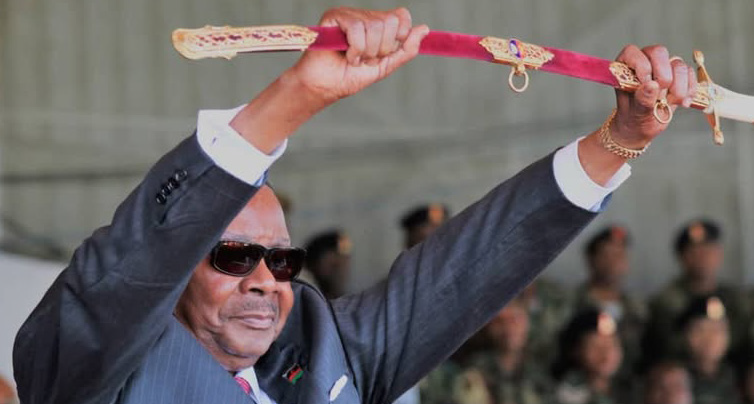On the value of dialogue, reconciliation (Part I)
When Nelson Mandela, South Africa’s first black president, died in December 2013, the world was united in its celebration of the life of a man who had worked and dedicated himself to the building of a multicultural, multiracial and multiethnic South Africa. Mandela is probably one of the most quoted politicians of the 20th century.
But, how did a man the USA and UK once described as a terrorist become so influential in the world that for the first time in a century the Arabs, Jews, Chinese, Cubans, Europeans, Russians, Amer i c ans , Braz i l ians and Africans spoke “one language”? Mandela taught the world something it already knew: reconciliation.
Value of reconciliation
Some people believe that while Mandela went into prison a very angry and radical middle-aged man, he came out of his 27-year incarceration a transformed person because in jail he had had time to reflect on life and politics. In jail, Nelson Mandela learned that, in fact, the jailor and the prisoner are not different. Both are in jail. In jail, Mandela learned that, be they tall or short, black or white, prisoners are the same because their f reedoms are limited by their incarceration. In jail, Mandela learned that men and women are not di f ferent e x c e p t f o r their biological endowments. In jail, Mandela learned that the Zulu, the Xhosa, the English, and the Afrikaners were actually victims of their hatred of one another. In prison, Mandela learned that South Africa’s problem was the unfair distribution of resources and the apartheid political system rather than race.
So, when he became South Africa’s first black president in 1994, Nelson Mandela preached peace and reconciliation. In his inaugural speech as president, he repeated the words he had uttered almost 30 years earlier. He reminded South Africans that he was still ready to die for his ideal of establishing a country where people of all races lived together, played together, ate together, and worked together peacefully and advanced humanity together. Had Mandela been full of hatred of his jailors or those black leaders, such as General Bantubonke Holomi s a , now president of the United Democratic Mo veme n t a n d Chief Mangosuthu Buthelezi, who had been manipulated and somewhat rewarded by the apartheid system to oppose the ANC, the new rainbow nation that is South Africa today would not have been there.
Prior to and in the early days of the Mandela presidency, Buthelezi’s Inkatha Freedom Party and the ANC fought a very bitter ‘brotherly war’ for supremacy. To the outside world, this was typical of African ethnic groups fighting each other. The Xhosa were fighting the Zulu. Had Mandela not worked with Buthelezi at this critical time of nation building, the South Africa that we have today would probably not have been there. Had Mandela not worked to convince white supremacists that they were as much part of South as was any other tribe or race, South Africa would not have been the same.
Mandela’s magic lay in the fact that he resorted to and emphasised something basic: forgiveness and reconciliation. It is something every nation, kingdom and state has valued to move forward. Reconciliation builds peace and peace builds stability. Without stability, no nation can prosper. Mandela’s uniqueness came about because he realised that brute vengeance breeds hatred and hatred kills peace and progress. That, too, is basic.



